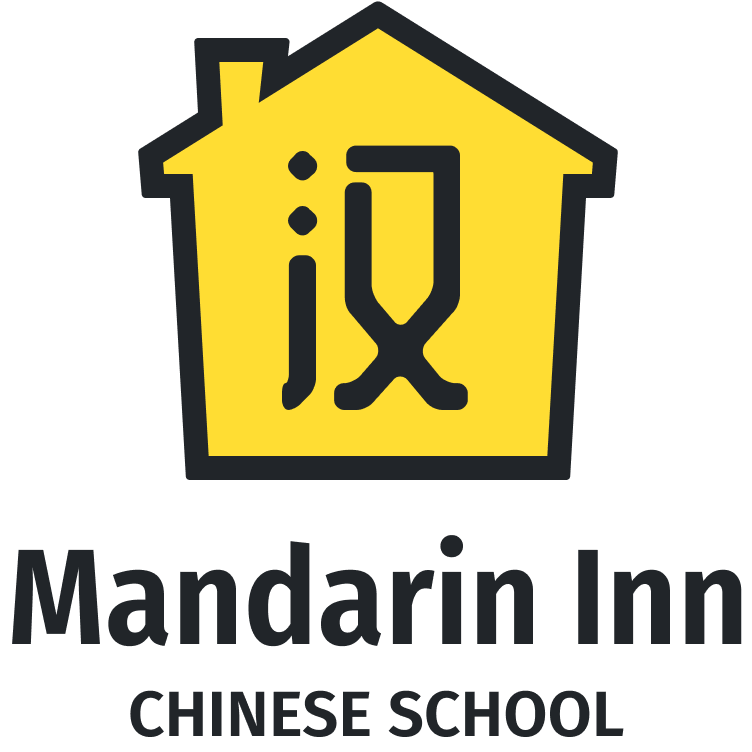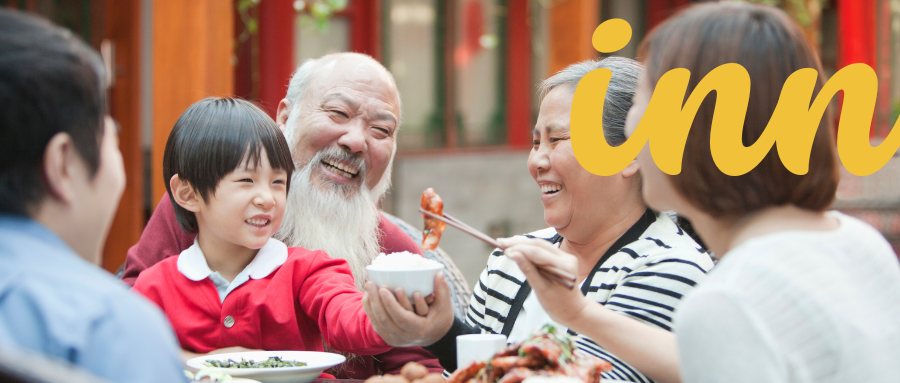
This year’s October 23 is celebrated as 重阳节 chóng yáng jié (Double Ninth Festival). In the Chinese society, 重阳节 chóng yáng jié is a special day to advocate the morality of “respecting and loving the elderlies” and to wish for their health and longevity. It is called Double Ninth Festival since the festival falls on the 9th day of the 9th month of the Lunar Calendar.
Do you wonder why this day is emphasized for the elderlies? Here’s why:
9 in Chinese is 九(read: jiǔ). Hence, “double 9” or 九九 jiǔ jiǔ sounds similar to “久久(read:jiǔ jiǔ)”.久 means “for a long time”, which symbolizes “long and healthy life”.
As the Double Ninth Festival focuses on longevity, it is often called “Height Ascending Festival”. For this reason people will usually climb a mountain or a tower as part of the celebration.

During this festival, people usually eat 重阳糕 chóng yáng gāo (Double Ninth Cake). In Chinese, 糕 gāo (cake) has the same pronunciation with 高 gāo (height). This way, eating cake is expected to smoothen all life endeavors. There are no fixed rule for making the Double Ninth Cake, but it typically has as many as nine layers, looking like a tower.

The Chinese are known to have a profound respect and reverence for the elderly. Here are the reasons why:
1. Filial Piety (孝顺 xiào shùn)
Confucianism has a major influence in the Chinese culture. This belief focuses on the importance of family and the duty of children to honor and care for their elderlies, or better known as 孝顺. It has somewhat been doctrine to Chinese children since they were at a very young age. Hence, respecting elderly is seen as a moral duty in the society.
2. Wisdom and Experience
The Chinese perceive elderly to have more wisdom and experience. Thus, they deeply value and respect the knowledge passed by a more senior person.
3. Deep Emphasize on Seniority
Chinese deeply emphasize on family hierarchy and seniority. As a fun fact, in Chinese dining culture, it has become a norm for the elderly to take the take the food on the table first before anyone else.
What do the Chinese Elderly usually do after retirement? Here’s the trend of Chinese elderlies to spend their retirement days:
1. Square dancing (广场舞 guǎng chǎng wǔ)
2. Taichi (打太极拳 dǎ tài jí quán)
3. Playing Mahjong (打麻将 dǎ má jiàng)
4. Baby-sitter their Grandchildren (带孙子 dài sūn zi)
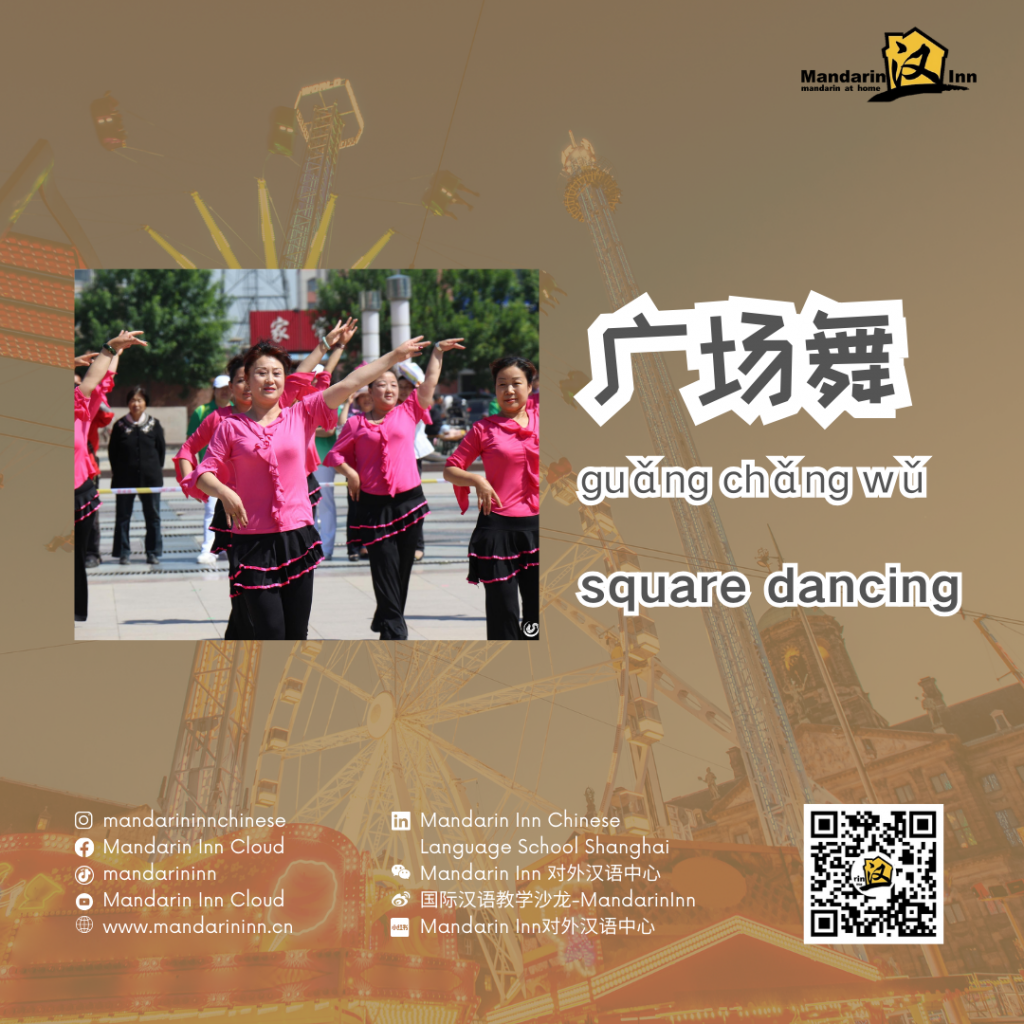
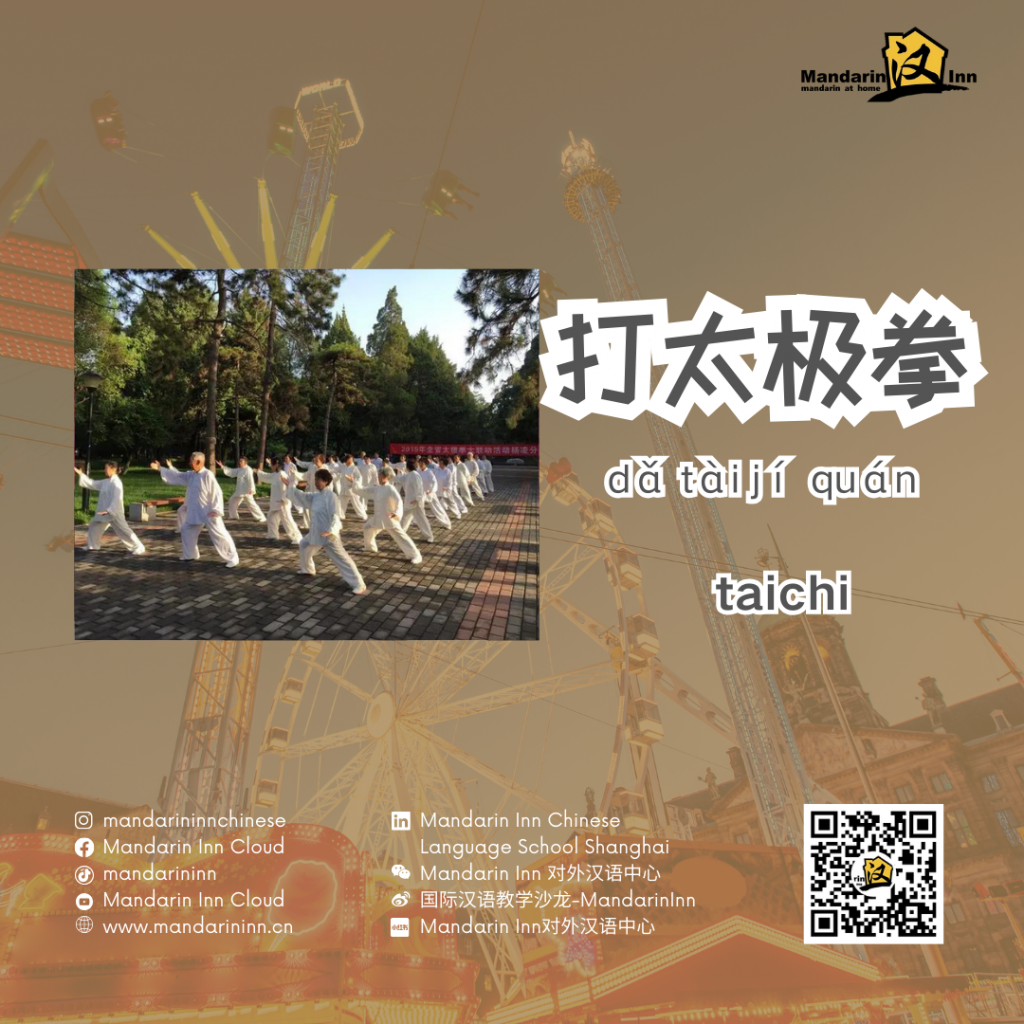

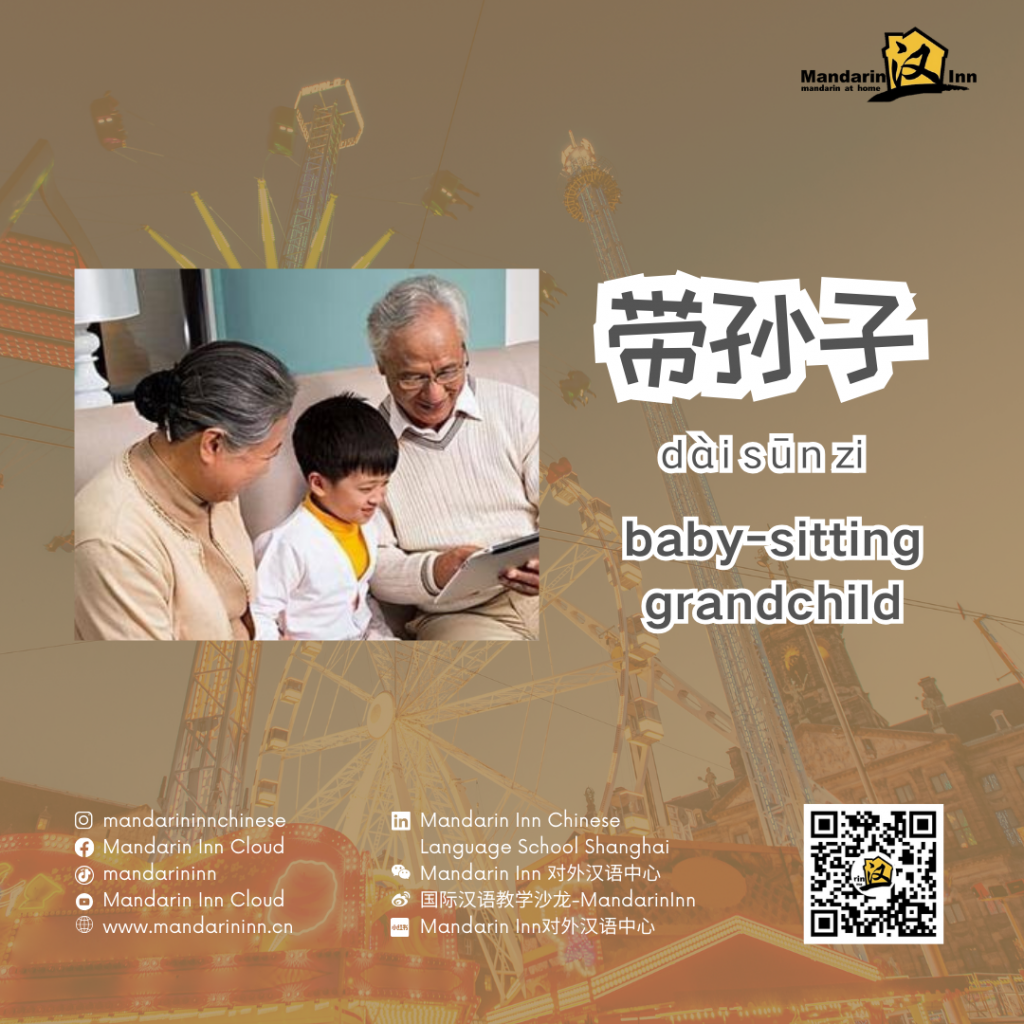
Although the retirement age in China varies depending on the occupation and region, the standard retirement age for men is generally 60, and 55 for women. Chinese government show their care for senior citizens by providing pension fund. In Shanghai, the retirement fund starts from 6000RMB/month. Isn’t it quite generous?
Respecting and cherishing our seniors is a part of our duty as the younger generation. Until then…
Wishing you a safe and healthy life on the Double Ninth Festival
重阳节安康
chóng yáng jié ān kāng
Do you want to have a guided Mandarin learning experience?
Mandarin Inn offers various Chinese course programs, starting from 1-on-1 course, group class, to online class; everything is adjustable to your own schedule!
Free trial is also available, scan the QR code below to register!

